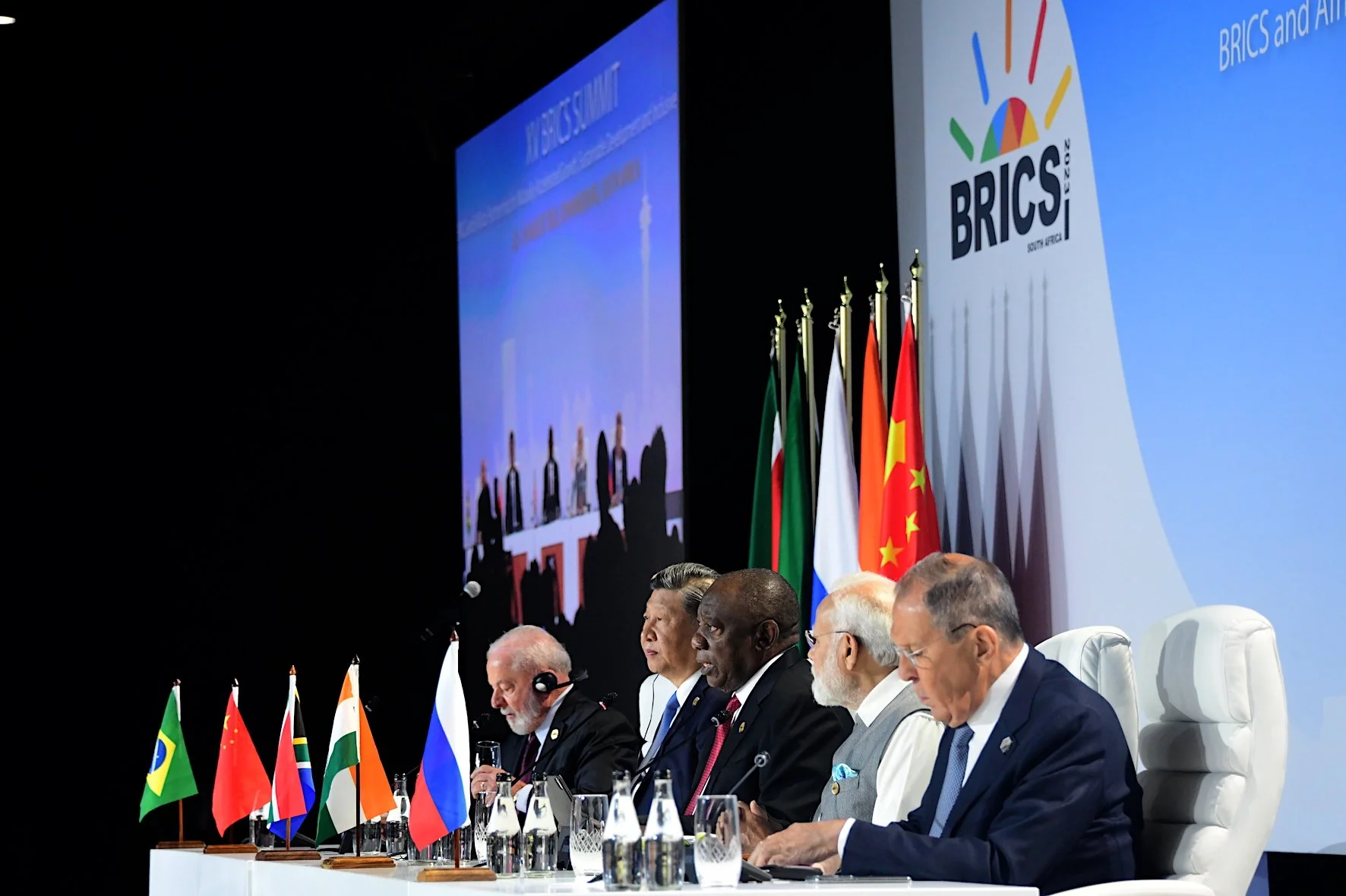Written by Dr Simona Grano
The key question remains to define and push for concrete tools and policies through which Europe can transform its growing solidarity towards Taiwan into a foundational basis of Europe’s China policy, without failing because of hindrances developing out of tight economic dependencies with China.
Read More
















